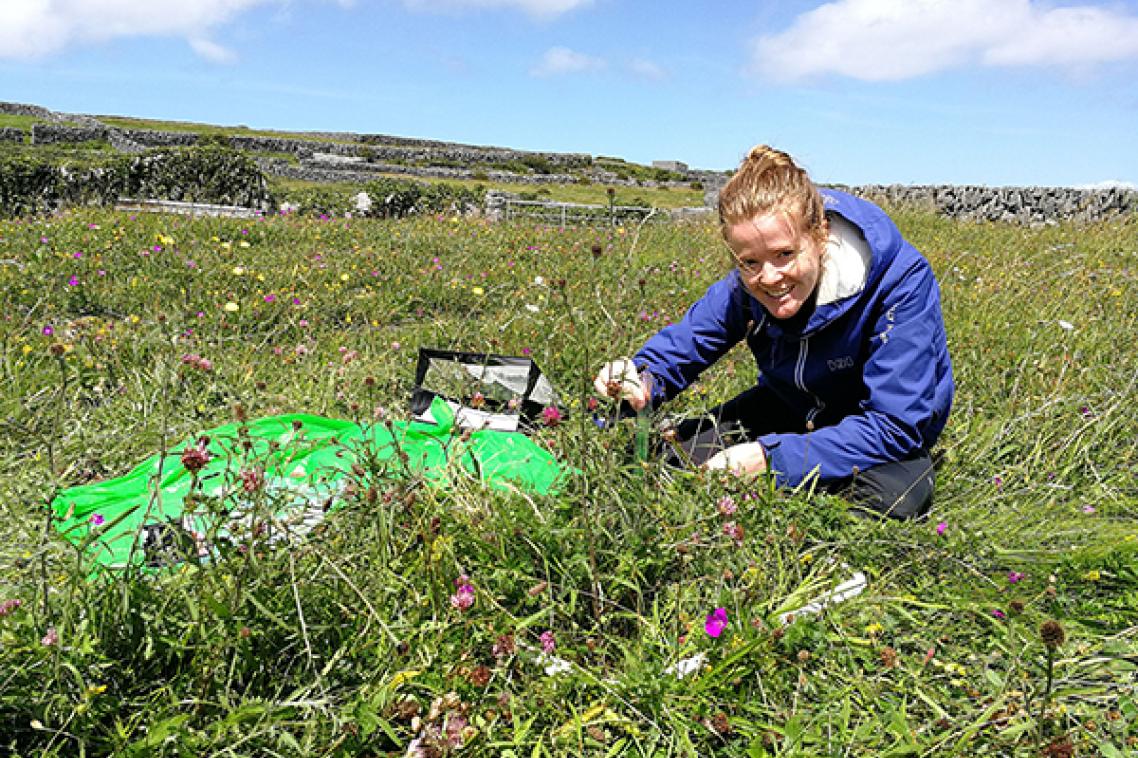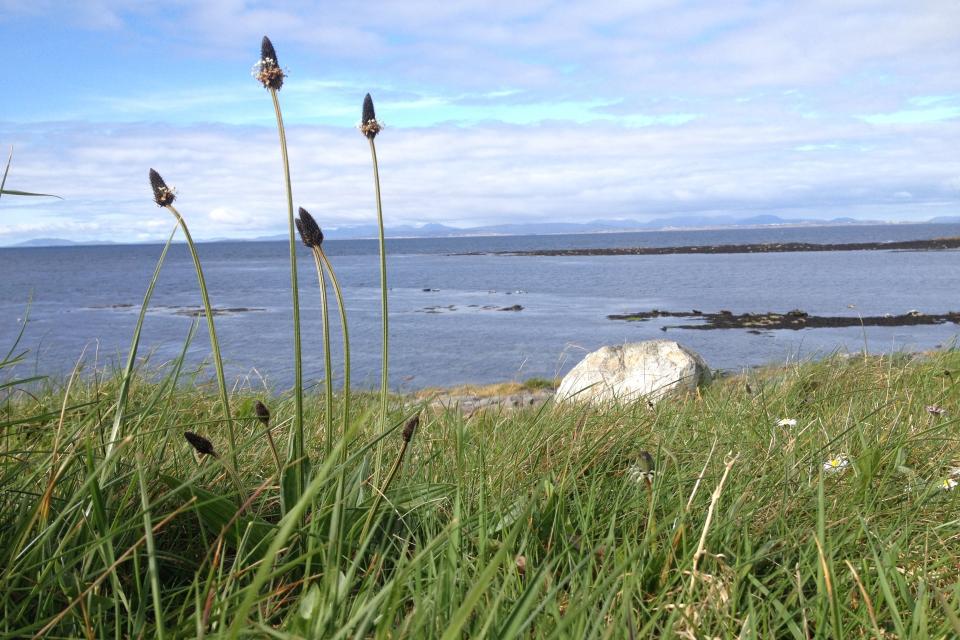‘Rule breaking’ plants may be climate change survivors

Plants that break some of the ‘rules’ of ecology by adapting in unconventional ways may have a higher chance of surviving climate change, according to researchers from the University of Queensland and Trinity College Dublin.
Dr Annabel Smith, from UQ’s School of Agriculture and Food Sciences, and Professor Yvonne Buckley, from UQ’s School of Biological Sciences and Trinity College Dublin Ireland, studied the humble plantain (Plantago lanceolate) to see how it became one of the world’s most successfully distributed plant species.
“The plantain, a small plant native to Europe, has spread wildly across the globe – we needed to know why it’s been so incredibly successful, even in hot, dry climates,” Dr Smith said.
The global team of 48 ecologists set up 53 monitoring sites in 21 countries, tagged thousands of individual plants, tracked plant deaths and new seedlings, counted flowers and seeds and looked at DNA to see how many individual plants have historically been introduced outside Europe.
What they discovered went against existing tenets of ecological science.
“We were a bit shocked to find that some of the ‘rules of ecology’ simply didn't apply to this species,” Dr Smith said.
“Ecologists use different theories to understand how nature works – developed and tested over decades with field research - these are the so-called ‘rules’.
“One of these theories describes how genetic diversity or variation in genes embedded in DNA are produced by changes in population size.
“Small populations tend to have little genetic diversity, while large populations with many offspring, such as those with lots of seeds, have more genetic diversity.

“We discovered that, in their native range, the environment determined their levels of genetic diversity.
“But, in new environments, these rule breakers were adapting better than most other plants.”
The team found the plantain’s success was due to multiple introductions around the world.
Professor Buckley, who coordinates the global project from Trinity College Dublin Ireland, said the DNA analysis revealed that ongoing introductions into Australia, NZ, North America, Japan and South Africa quickly prompted genetic diversity,
It gave these ‘expats’ a higher capacity for adaptation,” Professor Buckley said.
“In Europe plantains played by the rules, but by breaking it outside of Europe, it didn't matter what kind of environment they were living in, the plantains almost always had high genetic diversity and high adaptability.”
Dr Smith said the finding was fascinating and critical, for two crucial reasons.
“It’s important we now know that multiple introductions will mix genetic stock and make invasive plants more successful quite quickly – an important finding given invasive species cause extinction and cost governments billions of dollars,” she said.
“And secondly, research on invasive plants gives us clues about how our native plants might adapt to climate change.
The research is published in PNAS (DOI: 10.1073/pnas.1915848117).
Media: Dr Annabel Smith, annabel.smith@uq.edu.au, +61 415 539 509; Professor Yvonne Buckley, buckleyy@tcd.ie, +353 879317638; Dominic Jarvis, dominic.jarvis@uq.edu.au, +61 413 334 924.
Related articles

New data reveals how Australia’s threatened reptiles and frogs are disappearing – and what we have to do

Sunlight-powered breakthrough turns methane into valuable ethylene
Media contact
UQ Communications
communications@uq.edu.au
+61 429 056 139
